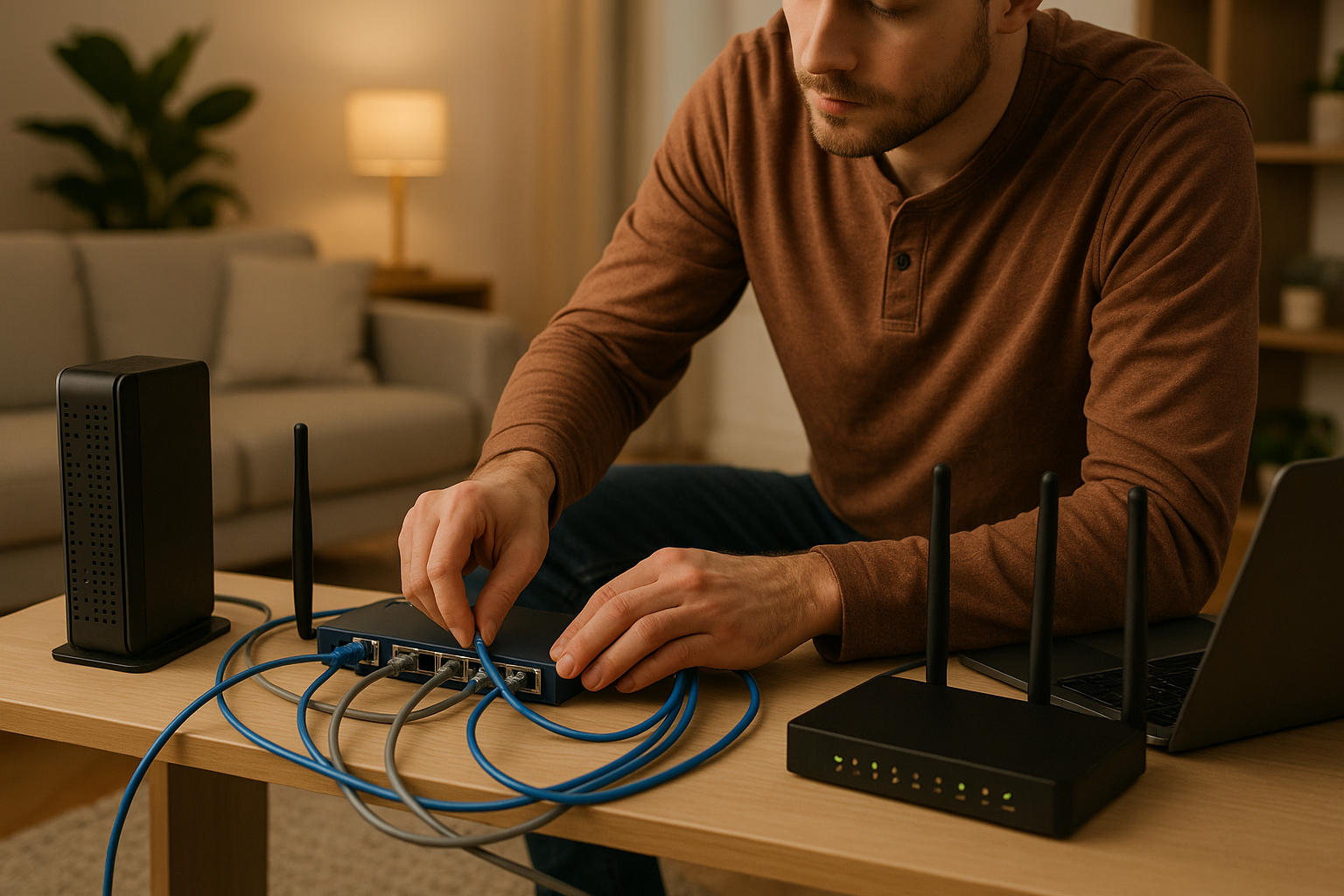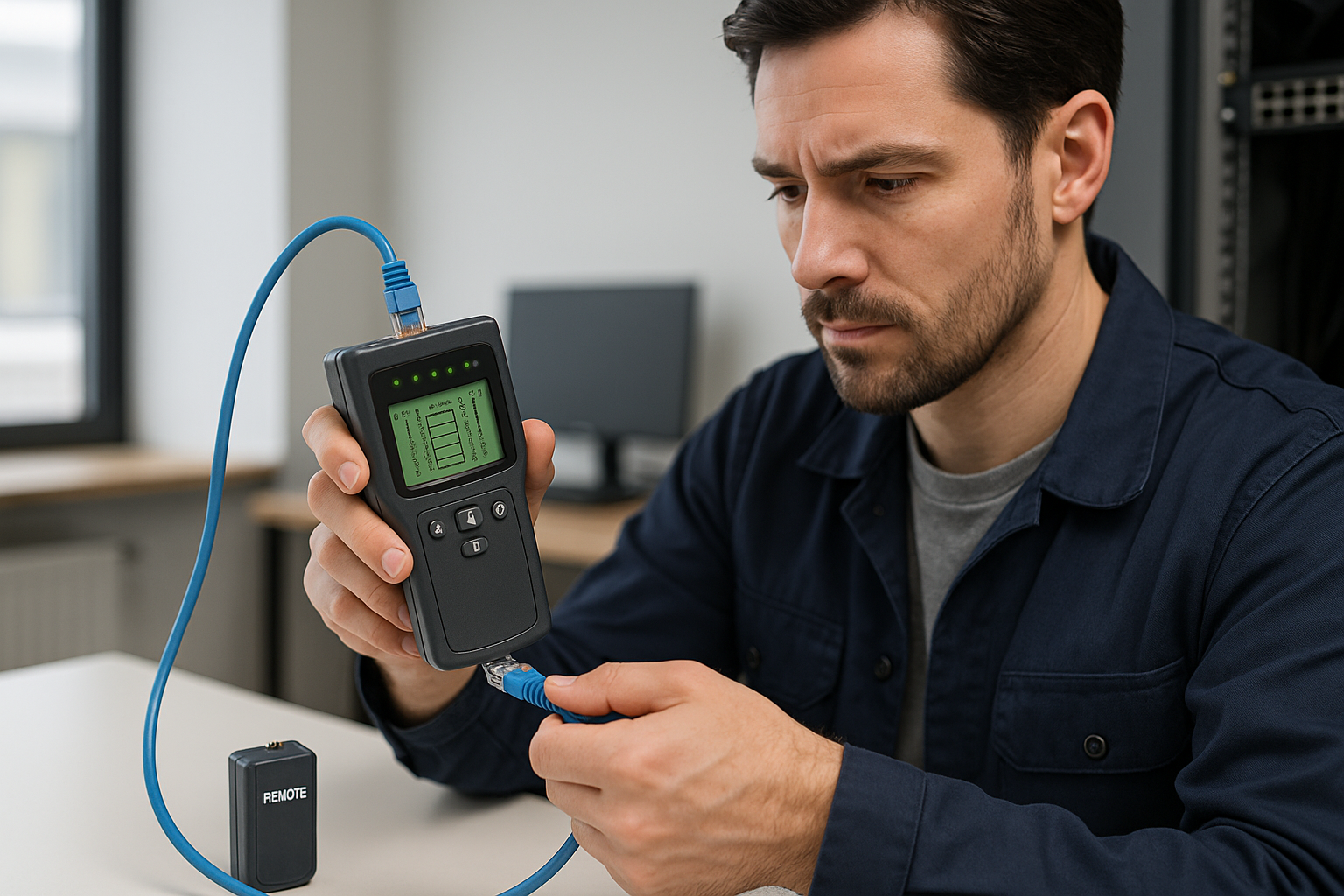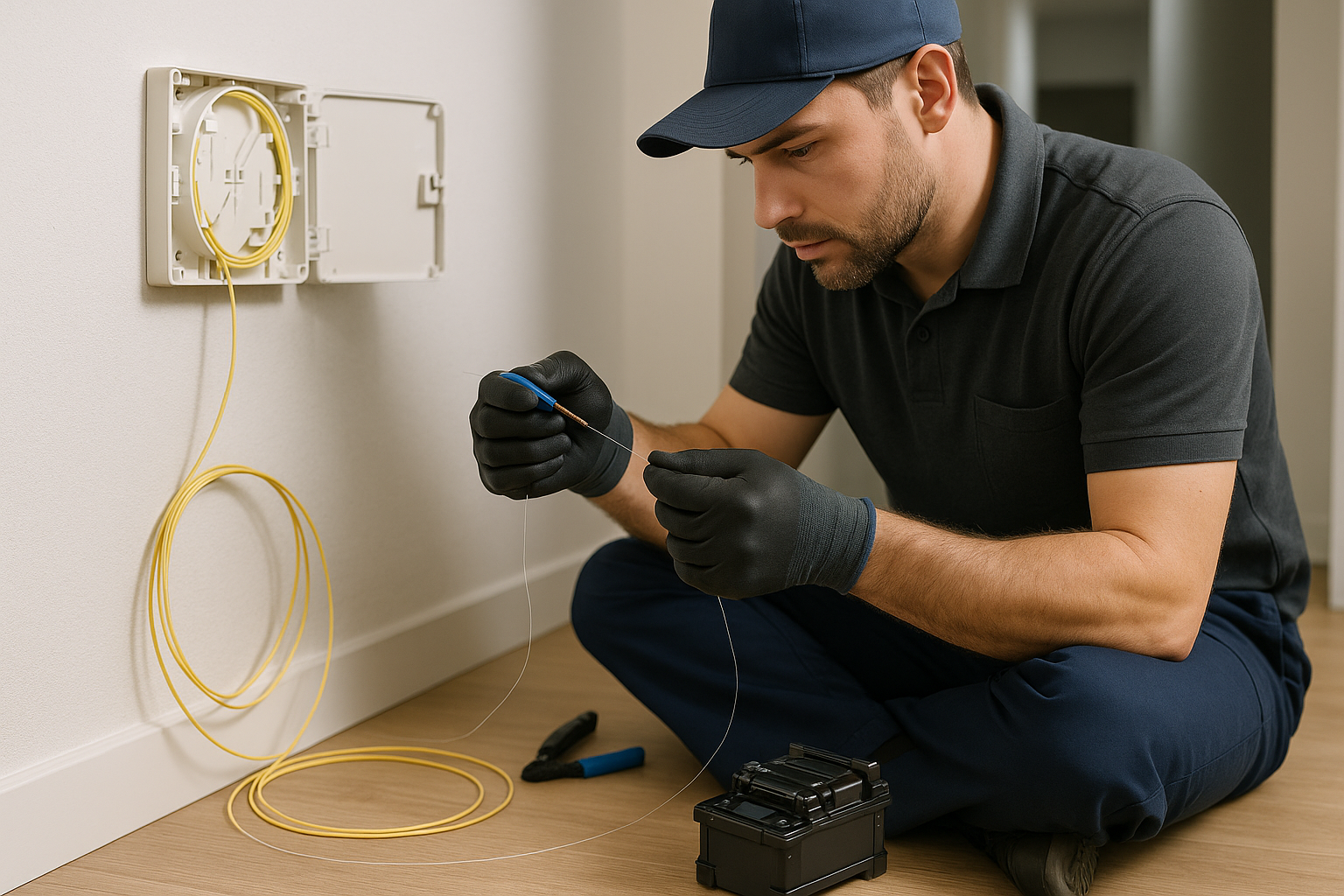Cat6, Cat6a or Cat7: what's the difference?
- , by Jarno Heideman
- 4 min reading time

Products that belong to this article:
[button] cat6 cables [/button] [button] cat6a cables [/button] [button] cat7 cables [/button]
Cat6, Cat6a and Cat7 are all three modern cables that can handle a lot of data traffic. Cat6 is the oldest variant of the three, Cat7 the newest. The big difference between these cables is the throughput and speed. Below we have listed the differences per cable:
- Cat6 internet cable ��� Goes up to a speed of 1,000 Mbit/s with a transfer speed of 250 MHz
- Cat6a internet cable ��� Goes up to a speed of 10,000 Mbit/s with a throughput speed of 500 MHz
- Cat7 internet cable ��� Goes up to a speed of 10,000 Mbit/s with a throughput speed of 1,000 MHz
We explain the difference further for you in our video:
Want to buy the right Cat cable?
You can easily find the right Cat cable in our shop. We have an extensive range of cat6, cat6a and cat7 cables!
[button] Buy the right Cat cable! [/button]
What does this mean?
The speed indicates how many Mbits can pass through the cable per second . More bits mean more data that can be sent through them. The throughput speed indicates per cable how much data can be sent through the cable at the same time .
To make it concrete, it is best to compare this with a highway. Where the maximum speed is comparable to the maximum speed of the cable (in mbit/s) and the number of available lanes with the throughput speed (in megahertz).
In practice, this means that speed is especially important for small (home) networks. Do you want to be able to stream quickly, play online games, or have a video call run smoothly? In any case, choose a cable with sufficient speed. The bandwidth is much less relevant to your choice.
The throughput speed is relevant if a lot of data has to be sent simultaneously. This is important in large networks. For example, in larger offices, servers and data centers.
Cat6, Cat6a or Cat7, which choice should I make now?
Nowadays, more and more electronics require a connection to the internet. It is therefore very important to have a smoothly functioning network at home. So that there are no glitches and slow connections. There are a few things to consider when building a network. One of those things is buying the right type of internet cable .
The standard cable is Cat6
At the moment, the Cat6 cable is the standard cable that is sold the most. The cable has an excellent speed of 1,000 Mbit/s. This allows you to use the internet without any problems. Even if you use multiple applications or download and upload a lot.
[button] Shop a Cat6 cable! [/button]
The Cat6a and Cat7 network cables are currently mainly used for larger networks where a lot of data needs to be sent simultaneously. Or where there are peak times in data traffic.
We therefore recommend the Cat6 cable for most private individuals if you look at price and quality. Do you really want to be ready for the future and still have an excellent network in 5 years? Then take the Cat6a cable. Finally, we only recommend the Cat7 cable for professional use.
Is there anything else I should pay attention to?
What is good to realize is that a network consists of several parts. There is the router, the cable to your door and of course the internet subscription you have. The part with the lowest network speed determines the speed of the entire network.
For example, many internet subscriptions currently offer standard speeds between 50 and 200 Mbit/s. Even with fiber optic, most internet providers do not exceed the maximum speed of 1,000 Mbit/s of the Cat6 cable. This means you will be fine with a Cat6 cable for years to come.
The protection of the cable you buy is also important for speed and interference-free internet. There are unshielded and shielded cables of every category. A shielded cable (ftp) protects your cable against sources of interference from outside. Which improves speed and stability.
Finally, it is good to realize that cables lose speed if they become too long. From 45 meters the Cat6 cable loses speed, for Cat6a this applies from 100 meters.
Have you made your choice for a Cat6, Cat6a or Cat7 cable?
Want to know more about other cables? Read more:
Tags
Related categories
Check out our other blogs
-

, by Jarno Heideman How do you easily set up a home network yourself?
-

, by Jarno Heideman What are the color codes of UTP cables and how do you use them correctly?
-

, by Jarno Heideman How do you test a UTP cable without making mistakes?
-

, by Jarno Heideman How do you connect fiber optic yourself without any hassle at home?






